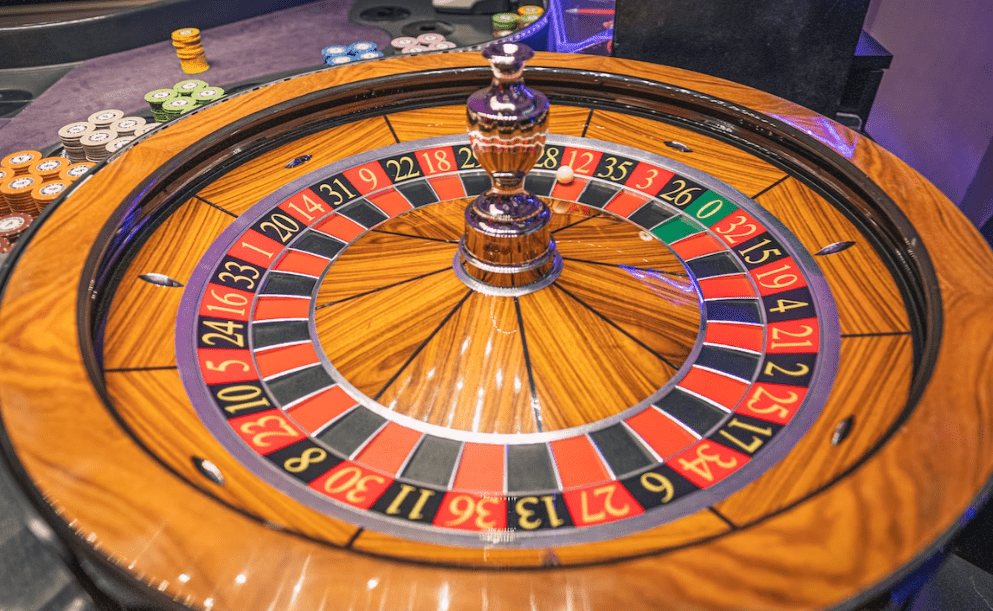Roulette, a game of chance and excitement, has captivated casino-goers for centuries. Its iconic spinning wheel and the suspense of the ball’s final resting place make it a favorite among both novices and seasoned gamblers. While luck undoubtedly plays a significant role in roulette, there are strategies and approaches that skilled players employ to increase their chances of winning. It’s now time to delve into the mind of a roulette pro, uncovering the secrets of their success. From understanding the rules and betting options to exploring the psychology behind their decisions and uncovering advanced betting techniques, this comprehensive guide will provide you with valuable insights to improve your roulette game and potentially walk away a winner, even if you choose a live casino or a brick-and-mortar one.
Rules and Betting Options
Before venturing into the realm of professional roulette, it’s crucial to grasp the intricacies of the game’s rules and the array of betting options at your disposal. While roulette may appear deceptively simple on the surface, the subtleties it encompasses can exert a significant influence on your overall success.
In roulette, the action unfolds on a wheel partitioned into numbered and colored pockets, typically alternating between the shades of red and black. The standard European roulette wheel comprises 37 pockets, sequentially numbered from 0 to 36. In contrast, the American version introduces an extra pocket, the double-zero (00), resulting in a total of 38 pockets.
Distinguishing between inside and outside bets is pivotal in understanding roulette strategy. Inside bets necessitate the placement of chips on specific numbers or groups of numbers within the central region of the betting layout. These wagers offer the allure of higher payouts, yet they are coupled with diminished odds of emerging victorious.
The Psychology of Successful Roulette Play
Professional roulette players understand that it’s not just about placing bets; it’s also about managing your emotions and making strategic decisions.
One of the fundamental aspects of professional roulette play is effective bankroll management. This means setting limits on how much you’re willing to spend and sticking to those limits. Pros know that chasing losses or betting beyond their means can lead to financial disaster. They set clear stop-loss and win-goal limits for each session and follow them rigorously.
Moreover, roulette is a game of patience. Professional players know when to bet and when to wait. They resist the urge to place hasty bets, especially during losing streaks, and stay disciplined. It’s essential to stay calm and composed, no matter how the wheel spins.
Don’t forget! Roulette is also a game with inherent variance. Even with the best strategies, you will experience ups and downs. Professional players understand this and are mentally prepared for the inevitable swings in their bankroll. They don’t let short-term losses affect their long-term strategy.
Roulette pros are keen observers. They watch the wheel’s previous spins, looking for patterns or biases in the wheel that might give them an edge. While roulette is a game of chance, there are times when a wheel may have imperfections that lead to biased results.
Advanced Betting Techniques
Once you’ve grasped the rules and understood the psychology of roulette, it’s time to explore advanced betting techniques that professionals employ to gain an edge.
The Martingale System
The Martingale system stands out as a well-known betting strategy employed in roulette. Its principle revolves around doubling the wager following each loss, aiming to recoup prior deficits and generate profits once a victory is achieved. However, it is crucial to note that while the Martingale system may yield short-term gains, it also exposes players to the potential for substantial losses when enduring prolonged strings of unsuccessful bets.
The Fibonacci System
The Fibonacci system draws its inspiration from the renowned Fibonacci sequence, wherein each number is the sum of its two preceding counterparts (for instance: 1, 1, 2, 3, 5, 8, 13, and so on). In the context of roulette, players employ this sequence as a guideline to determine their betting amounts. They initiate with the first two numbers, say, 1 unit, and following a loss, advance to the subsequent number in the sequence. Conversely, after a win, they regress back two numbers. This strategy offers a more gradual and measured approach to betting progression, effectively curbing the potential for substantial losses in comparison to the Martingale system.
The Labouchere System
The Labouchere system, often referred to as the cancellation system, revolves around the creation of a numerical betting sequence, such as 1-2-3-4-5. To determine the wager, one adds the first and last numbers in the sequence—illustratively, 1 plus 5 equals 6 units. In case of a winning bet, the player eliminates these two numbers from the sequence. Conversely, if the bet is unsuccessful, the amount bet is appended to the end of the sequence. The ultimate objective is to cross out all numbers, thereby attaining a profit equivalent to the sum of the original sequence. It is important to note that this system demands careful planning and strict discipline for optimal effectiveness.
Conclusion
Becoming a professional roulette player is no easy feat. It requires a deep understanding of the game’s rules, a mastery of bankroll management and emotional control, and the adoption of advanced betting techniques. While luck remains a significant factor in roulette, professionals approach the game with a blend of strategy, psychology, and observation, aiming to tilt the odds in their favor.
Always remember that roulette is ultimately a form of entertainment, and the house always has a slight edge.

